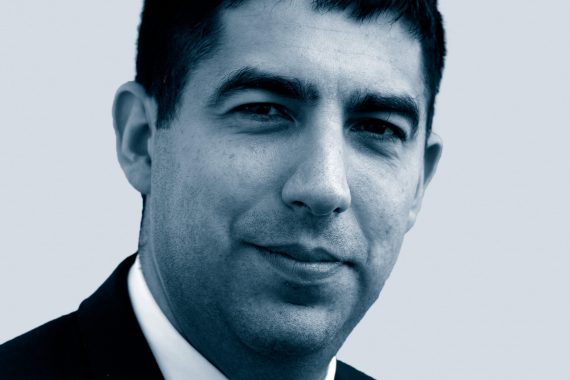
jaimie kaffash webvision blog
A few years back, widespread GP practice closures would have been a national scandal. Now, they are an everyday fact of life.
Pulse’s latest investigation reveals that 129 surgeries closed in 2017, following 133 in 2016. As recently as 2013, this figure was just 18. Needless to say, this is affecting patients. Over the past five years, at least a million have been forced to change surgery, often at great inconvenience. So much for continuity of care.
In terms of practice size, the direction of travel is ‘bigger is better’ but these closures have tended to be out of necessity rather than design and, as we show, are often concentrated in areas of deprivation and an elderly population.
One of the most troubling aspects is that NHS authorities are aware of these closures. There will be no lightbulb moment when they come to their senses and stump up the funding necessary. And this, in my view, is because their hands are tied.
At least a million patients have had to change surgery over recent years
I’m coming to the conclusion that NHS England is not where the problem lies. From speaking to GP leaders, I suspect the upper echelons of NHS England are switched on when it comes to the pressures facing general practice.
The problem lies with ministers. Ploughing desperately needed money into core general practice – without strings attached – is seen as too politically toxic for both the Department of Health and Social Care and the Treasury.
Yes, NHS England is allowed to give money to GPs – but in return the Government demands a shiny new gimmick it thinks will impress the electorate, be it seven-day access, more online services or practices where patients can receive primary and secondary care under one roof.
But this highlights a flawed understanding of the electorate. As part of that electorate, I know what I want: a routine GP appointment without waiting two weeks; a GP who has not been working 11-hour days; and most of all, to stay at the surgery I know rather than be told I have to travel miles to see unfamiliar doctors in unfamiliar surroundings. These are far more important to me than Sunday access or a Skype consultation and I doubt I’m alone in this.
In other words, the electorate’s interests are closely aligned to GPs’ interests.
But tackling these key issues costs a lot of money. Sadly, the £56m promised for vulnerable practices in NHS England’s GP Forward View won’t cut it. More money must be ploughed in to the global sum to make general practice attractive; existing practices that are doing a great job for patients must be supported, without demands for new services.
The problem with that is it can’t be trumpeted as a new initiative and so is not politically attractive.
But there is hope. It’s becoming blindingly obvious to everyone – NHS England, the GMC, patient groups and even the national media, which feature Pulse’s investigations on their front pages – that routine care needs investment. While the Government can ignore GPs’ voices, it can’t ignore a clamour from voters. Or, for that matter, front pages stating – to paraphrase the Sun’s famous headline – ‘Would the last practice standing please turn off the lights?’
Jaimie Kaffash is editor of Pulse. Follow him on Twitter @jkaffash or email him at [email protected]
Pulse October survey
Take our July 2025 survey to potentially win £1.000 worth of tokens














